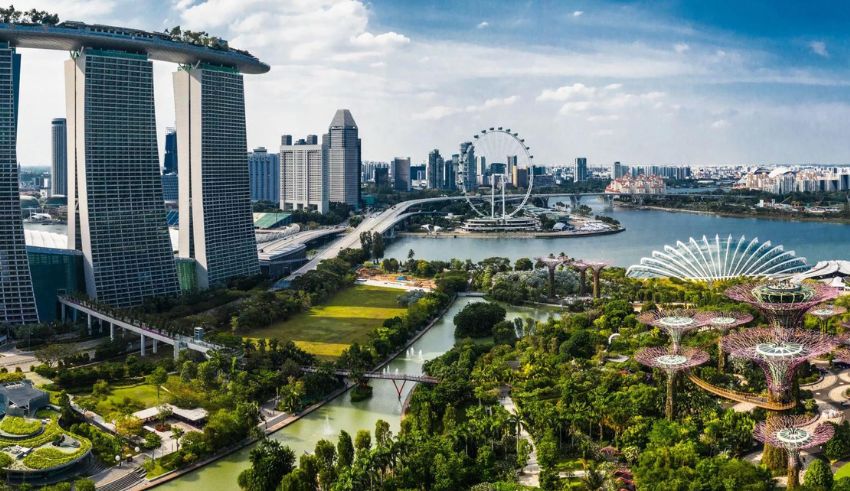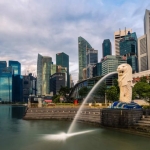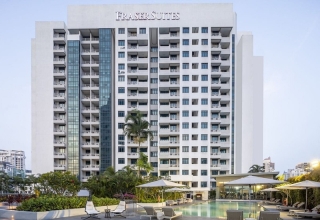
Singapore is today the center of foreign trade and finance in the Asian area because of its strategic location and stable government. Its excellent location makes this the case. Many factors affect the country’s capacity to draw a broad range of foreign financial transactions. Among these are the tax regulations, ease of doing business, and sophisticated financial system of the country.
The Role of Shell Companies and Money Mules
Though Singapore has stringent anti-money laundering (AML) regulations, its intricate and international financial system leaves it vulnerable to abuse. This is the situation even in cases when anti-money laundering legislation is applicable. The profits from many illegal actions, including fraud, corruption, and cybercrime, are cleaned before being sent to the appropriate authorities using this global financial center, which criminals employ.
Singapore’s Regulatory Response
In the course of one of the largest money laundering investigations ever conducted, Singaporean authorities have detained ten non-Singaporean nationals on suspicion of laundering money from offshore crimes. These individuals were arrested on suspicion of money laundering. Remarkable is the seizure of goods and cash totaling about a billion Singapore dollars. This shows how big the operations that can take place inside the financial system of the city-state.
To what extent are money mule and shell firms responsible for the total earnings?
There are several ways to launder money in Singapore, however using money mules and shell businesses is the most common one. This page describes two of the most widely utilized methods. These businesses or individuals may be drawn to the potential of immediate financial gain, or they could not even be aware that they are involved in unlawful conduct. Both of these scenarios are credible. These two theories need considerable thought.
The Monetary Authority of Singapore (MAS) sets strict rules that apply to financial organizations. This is so because money laundering prevention has received top priority from the MAS. These controlling measures must be followed by every financial organization. Under this area are responsibilities include routinely assessing accounts, reporting suspicious behavior, and conducting due diligence on clients.
Keep Reading
Setting standards and involving cooperation from other countries
The Financial Action Task Force (FATF) is aggressively developing international anti-money laundering laws. Singapore is a member of the Financial Action Task Force (FATF) among other organizations. Still, the city-state suffers because of its tendency to attract incredibly wealthy people and its function as a center for wealth management.
Singapore is supposed to walk a tightrope to keep money launderers out of the country while retaining its status as a financial hub. Singapore therefore faces a problem. The policies now in place need to be updated and implemented on a regular basis in order to keep up with the ever evolving criminal strategies. This is a must to stay up to date with the always changing criminal strategy.
A worldwide problem with local effects is eventually one that cannot be ignored because of its regional effects.
One worldwide issue that is microcosmed in Singapore is money laundering. As of right now, Singapore is fighting. With continuous improvement of its anti-money laundering (AML) procedures, the city-state sets an example for other nations dealing with comparable problems.























